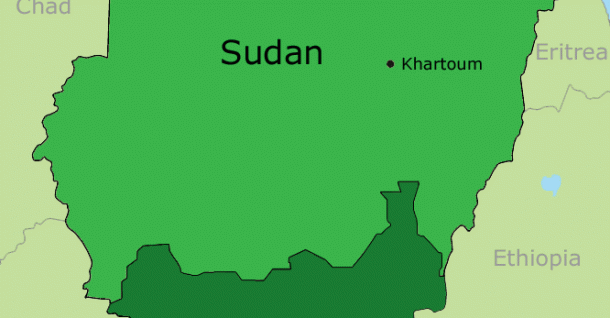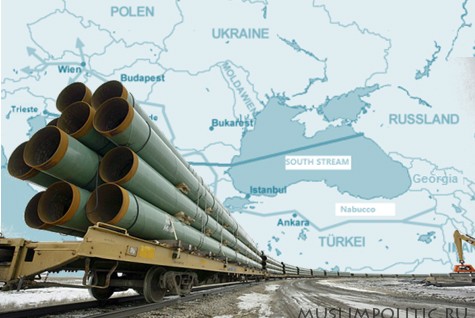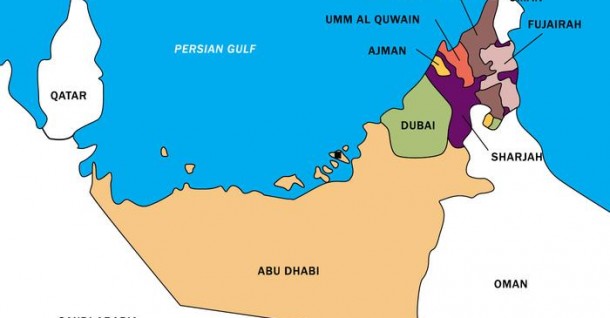It is commonly known that current Arab world is represented by the group of separate states, and none of them is able to claim to the global leadership alone. However, this was not always the case. There were periods in the history of the Arab-Muslim world when charismatic leaders took unprecedented steps towards factual geopolitical consolidation.
***
There is no doubt that the most powerful catalyst for Arab consolidation was the defeat in the war with Israel in 1948, which indelibly impressed the soldiers and officers who fairly considered that the reason of their military failure was in the weakness and dissociation of the Arab states.
In the result of that defeat the socio-political motives of inter-Arab nature appeared in the society, when, along with the “external enemies of the Arab nation” like the West and Israel, the new internal enemies had come. Among those enemies were the governors who supported “local” nationalisms, i.e. Egyptian, Syrian, etc. These were motives stimulating internal revolutionary changes in those countries, which had “retrograde and treacherous regimes”. In the result the revolution in Egypt took place in 1952, and this became the revolution of “pan-Arab socialism” with the famous Egypt leader Gamal Abdel Nasser being at the head.
***
The years of Nasser’s reign were remarkable for the attempts to consecutively implement the pan-Arab national idea into life. It concerned the all-round support of national liberation movements. As the result of this support most of the Arab states gained independence and it concerned the idea of Arab unity interpreted as the necessity to build the united state for the Arabs.
There were the attempts to unite the Arabs into one powerful state despite the seeming unreality of the project. Moreover, such unification had happened in 1958: two powerful representatives of the Arab world, Egypt and Syria, have concluded the close political alliance and formed the United Arab Republic (UAR).
On 1 of February 1958 leaders of both states Gamal Abdel Nasser and Shoukri Quwatli signed an agreement on creation of the United Arab Republic. The idea of federalization and full integration with Egypt was very popular in Syria. And this fact is very important because it shows the popularity of the idea of unification among the greater part of society. On the one hand this could be explained by the charism of Egypt President Nasser, and on the other hand – by the necessity of integration 99,9% of the voters said “yes” to the integration during the referendum.
***
In the spring 1958, similar spirits spread in Jordan and Lebanon under the influence of the UAR formation. In the summer of the same year, pro-Western monarchy in Iraq collapsed, and the military forces leaded by colonel Abd al-Karim Qasim took the power in the state. The first foreign-policy step the new Iraqi government made was the recognition of the UAR. If Iraq had joined the alliance that time, the Arab world would have pretended to the greater geopolitical future, but colonel Qasim did not want to make the further steps though there still were the supporters of the accession of the country into UAR.
The western states did not stay away of these events. First of all this was the USA with claims for the world hegemony, and the UK who did not want to disclaim the empire ambitions. In the circumstances developed the way the White House wouldn’t like it to be, the prospects for the Middle East to fall into hands of Nasser was quite real (as the U.S. President D. Eisenhower spoke). The Britons were much more alarmed as they were afraid the UAR president’s influence would cover the Arabian Gulf.
As the result the US troops landed in Lebanon; London dislocated its RAF in Jordan and decided to sell arms to Iraq. The Prime Minister of the United Kingdom Harold Macmillan pointed at that time: “there is nothing bad if traditional antagonism between Iraq and Egypt will keep going on”.
Finally, the historical bet of London on the inter-Arab competitiveness came true. In the summer 1961 the UAR even supported Great Britain in so called Kuwait crisis caused by territorial claims of Iraq against Kuwait. Most probably, this support was made in retaliation at unfriendly Iraqis policy towards Cairo.
***
And there was not smooth environment within the UAR. In 1960-61 Nasser waged a big campaign for nationalization of banks and private companies in the UAR. While Egyptians dominated in the government (14 among 21 portfolios in the cabinet), Syrians also occupied many respective positions. However, Nasser dissolved all Syrian political parties soon, nationalized rural economy, industrial and banking sectors. Syria of those times being fragmented and wallowed in plots, with its clans and inter-society struggles badly matched with Egypt represented by one party and one man de facto.
As a result, on 28 of September 1961 officers of Syrian army seized the power in Damascus and announced about secession from the UAR. At this point, the history of the first in the modern age united Arab state was finalized.
Unfortunately, “the local” interests in real policy rose above the idea of integration for Arab-Muslim world. The solidarity principle outmatched in the competition with socio-political contradictions between different movements of the Arab nationalism. Moreover, the Arab world as united civilization did not fit into the plans of the western powers at that time. Neither did it at the present time as we can clearly see on the examples of war-torn Libya, Iraq or Syria.
***
Giving a wide glance at the history of the United Arab Republic and without bias, it becomes obvious that this state has been a far-reaching project. The supporters of the idea of unification of the Arab world seriously planned to provide large-scale changes and to lead the countries like Lebanon, Jordan, Iraq, Tunis and others.
Herewith, indisputable leader of this movement Gamal Abdel Nasser, despite his sympathy to socialist way of development, did not forget about the religious factor and was making the consistent attempts to include Islam to the system of national values. Thanks to this, the ideological dialogue between Egypt, Saudi Arabia and other Gulf monarchies became possible at that tough time.
Has a concept of unification lost its relevance nowadays? Hardly has. Both political and economic steps indicate that the idea of consolidation is alive and is even essential for society and for the governmental structures. Especially as the new geopolitical realities and challenges are able to reanimate seemingly lost conceptions as we can see it on the example of Russia who has taken the path of integration with her Eurasian partners.
Ilmutdin Gasanov, Muslim Politic-portal analyst
![Электронный журнал [Электронный журнал]](/magazine.static/magazine-front.jpg)







